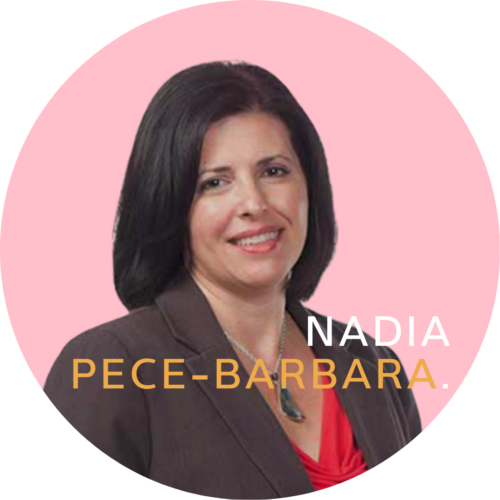
+ Patent & Trade Marks Attorney
+ Biochemist, Molecular Biologist, Immunologist
+ Culinary Enthusiast
What drew you to study STEM
I have a vivid memory of when I was a child playing tag with my brother. For some reason I stopped suddenly and looked at my hand. I was intensely curious to understand how it functioned, what was it made of? What is the composition of life? Growing up, I was naturally drawn to all the science subjects including biochemistry, physics but also astronomy in a quest to understand the molecular nature of life and if it existed elsewhere in the universe. After completing a BSc in Biochemistry, I was interested in medical research and was drawn to understand more. So, I pursued a Master of Molecular Biology and Genetics and finally landed on a PhD in Immunology.
Was working in IP always part of your career plan, or was it something that presented to you during your journey?
After I completed my PhD, I continued as a post-doc in medical research mainly studying the multi-facetted mechanisms of cancer progression, wound healing, inflammation and vasculature at the molecular level. During this time, I met my Aussie husband who was travelling through Canada on a working holiday. I call him the accidental immigrant, as he changed his plans after we met and just stayed in Canada. We had a daughter and twin boys soon followed. Having three kids under the age of three during my post-doctoral fellowship changed my perspective. Although I will always be a scientist at heart, I was less interested in publishing my work and keener on bringing technologies to market. I began to think of a career change away from the bench and academic research. I was driven to using my science training and to do more to commercialise valuable medical technologies and I began to think about how to protect creators’ ideas in this process. We were visiting Australia and planning a move here when an ad popped-up for a trainee attorney position and I came to the realisation it was what I wanted. I could use my skills in science and forge a new path in IP and commercialisation of technologies. I interviewed for the position from Canada and soon enough moved to Australia to take up the role.
Which inspiring women did you look up to as you were growing up and why?
When I think of women leaders growing up what comes to mind for me are all the strong-willed women in my life that lived their lives true to themselves and with honesty and integrity. My mom was my greatest influence in this respect, but my dad deserves mention too. Not a woman but he always supported me as a person and made me believe I could do anything I put my mind to. With his support and encouragement, I felt I was on a level playing field and I didn’t even consider my gender when I was looking at career choices. I only thought of what I wanted to do and how I would do it. I also really admired women scientists that were driven to prove their ideas and wow the world. I admire scientists like Marie Curie but I wish I had a time-machine so I could go back and tell her not to put radioactive substances in her pocket.
Who do you look up to now and why?
I continue to be inspired by women that achieve their goals with courage, determination, honesty and integrity.
How does your science degree benefit you in your role as an IP practitioner?
My extensive experience in medical research helps me understand how scientists think and enables me to be able to really put myself in their shoes and give them the advice they need. It has provided me with the technical ability to understand the details of the inventions we seek to protect. It has also taught me to look at all sides of a situation and not leave any stone unturned when you are trying to solve a problem along with advocacy skills when you need to defend your point of view. Many skills learned as a scientist are often relied upon as a patent attorney.
What role do you think we all need to play in supporting a greater uptake of women in STEM?
I think it is important that women cast away any societal misconceptions about a career in STEM. I am passionate about engaging, educating and supporting women at a young age to let them know that if they are interested in STEM subjects that they should pursue their dreams with confidence. Having mentorship programs are beneficial in raising awareness that women can have the career they want and a family if they choose. It is not impossible.
Is there any advice you would like to share with women embarking on a STEM career?
Find your limits and push your own boundaries. Believe in yourself, but also be kind to yourself, and it’s ok if your goals change. There will be successes and failures but when there are failures find the support you need to build your resistance and learn from them so you can move on to better things.
What do you hope to see from women in STEM of the future?
I would like to see industry focus on and reward skills, work ethic and achievements. Finding the right person for the job and allowing all people to make their choice of how they will do the job not assuming that a women will be less dedicated. When that truly happens, I am sure that the representation of women in STEM will be equal.
Get connected
+ 02 8415 6527
+ nadia.pece-barbara@wrays.com.au
+ in/nadiapecebarbara
